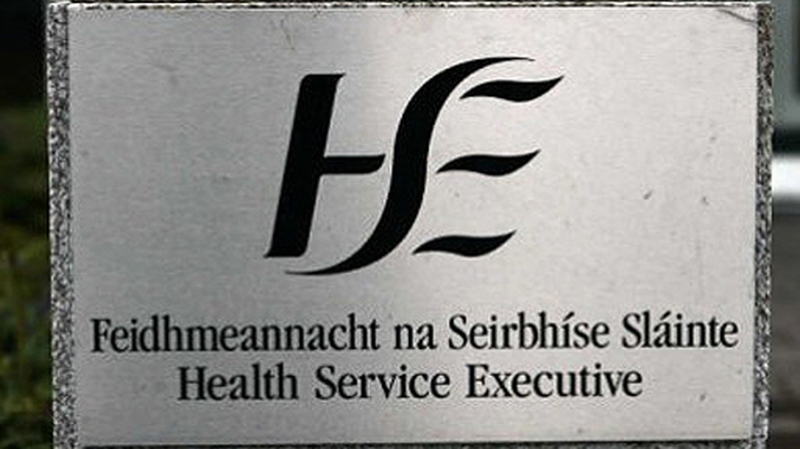A report by the RTÉ Investigations Unit details failures by the State to care for hundreds of people with intellectual disabilities.
The details in an unpublished HSE report, comes one year after revelations of how a young woman with profound intellectual disabilities, known as 'Grace', was left in a care setting in Waterford for almost 20 years despite a succession of sexual abuse allegations.
Following the revelations by RTÉ Investigates of failures in the case of 'Grace', the HSE commissioned two case reviews – one in 2012 and a second in 2015. However, both reviews remain unpublished.
Earlier this year, the Government announced that the entire matter would be subject to a statutory Commission of Investigation.
The report leaked to RTÉ suggests that some of the failures identified in the 'Grace' case did not happen in isolation.

The report details a series of similar concerns, showing how in the same region of the country as 'Grace', hundreds of adults with intellectual disabilities were repeatedly failed by the State's care services.
The report, which dates from 2013, was written by a senior social worker and examined 1,080 files spanning a 30-year period. The report describes a system as "disarray".
It identifies a number of "key concerns", including:
- The HSE has little or no knowledge about most of the clients in the adult intellectual disability services that it funds.
- The social work service for adults with intellectual disabilities has been and still is very inadequately resourced.
- Intellectually disabled adults have been left at serious risk of abuse including sexual abuse because concerns have not been properly identified and acted upon by the health board or the HSE.
The unpublished report reveals that there were almost 200 adults with intellectual disabilities for whom case files did not exist. Other files had not been updated in over 25 years and consisted of nothing more than a single sheet of paper with the author referring to some as a "complete mystery".
In one particular case a lack of information and communication meant that a vulnerable woman was being regularly returned, unsupervised, to her family home, despite it being known that the woman was sexually abused in childhood by a family member.
The home visits were to be supervised but the HSE worker who accompanied the woman had no knowledge of the abuse or of the need to supervise the visits.
In another case a client had been placed with a service some 17-years earlier and had not been visited by the health board or HSE in the intervening years.
The client's files contained "very little information" despite the placement costing "€88,000" annually.
Another case referred to a man with Down Syndrome who spent his whole life in residential care, yet when the report's author and his colleague visited him, they were "the first official people" to have done so in 16 years.
In a statement to RTÉ, the HSE said that of the 1,080 disability files reviewed "47 priority cases" were highlighted for follow up.
It says the care and safety needs of all the cases highlighted are being met - there are "no current safeguarding issues".
And a range of service improvements have been put in place to "safeguard vulnerable adults from neglect or abuse".
